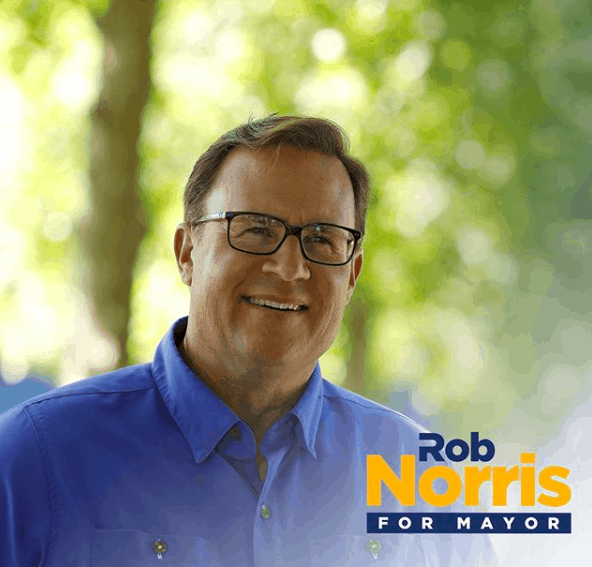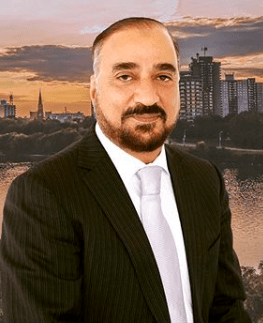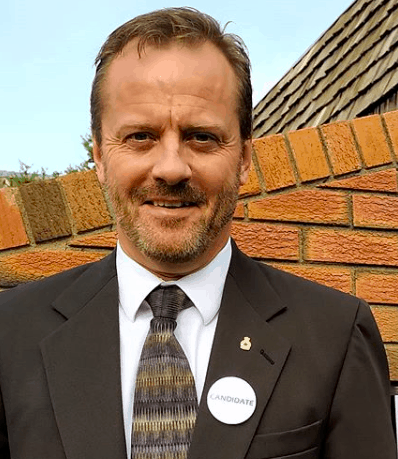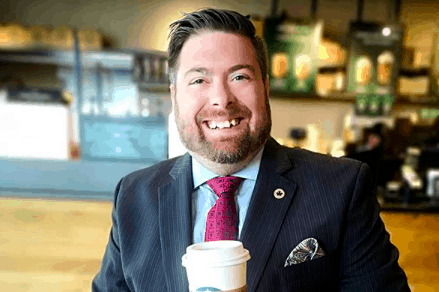This upcoming mayoral election, six candidates are competing to win the votes of a key voting demographic: students.
There are a variety of concerns and issues post-secondary students face. The Sheaf reached out to each mayoral candidate campaigns to discuss their diverse, vibrant and critical views on addressing student concerns.
Don Atchison, former city councillor and mayor

Atchison says proper affordable housing is important for students. He helped plan the College Quarters on campus, attracting more students to reside at the university. The next thing for Atchison is to move forward with tiny homes.
“When students are here, instead of just having to pay rent all the time, they start building equity into a home,” Atchison said. “A tiny home would be anywhere from approximately 300 square feet to about 550 square feet, depending on the circumstances for each student.”
He also wants to invest in AgBio research and build on his relationship with the university. He wants to hear from students about bus passes and what the city can do for students.
“The student union has provided a tremendous amount of economic value to the city of Saskatoon with the U-Pass,” Atchison said. “That’s an area that we certainly need to do more work on with the university students and to see what they would like to have.”
Charlie Clark, former city councillor and current mayor

Clark highlights the importance of the transit system to students travelling to and from the university.
“There isn’t enough parking and … the parking is expensive and it’s one of the only ways for people to get there,” Clark said.
He plans to work with students to get clarity on their concerns about safety on buses, and build a strong relationship between the transit management, planners, the university and the student body.
“It’s really important that we work with the USSU and students to understand how to configure the routes,” Clark said.“It’s very important for me that everybody who’s riding transit finds it to be a safe, convenient, affordable and easy way to get to and from school or work or whatever it might be.”
Rob Norris, former Greystone MLA and cabinet minister

Norris describes his track record in supporting students stating that during his position as a provincial cabinet minister, “the University of Saskatchewan was among the best funded medical doctoral universities in Canada.”
He has led a number of programs including the provincial Graduate Retention Program, the Saskatchewan Innovation and Opportunity Scholarship, and the construction of new beds in the university residences including the construction of Graduate House.
“It was a record as far as helping to move Saskatchewan and move forward most especially by helping universities in this new housing initiative,” Norris said. “It was a record for our era.”
Zubair Sheikh, president at Active Engineers Consultants and Contractors

Sheikh wants to address students’ issues in the areas of affordable housing, internet rates and stress. His platform addresses the student population, mental health and improved social programs.
Sheikh hopes to add affordable housing options near schools by adding infill housing to those areas, and says cheaper internet rates for students and their families will enhance their education.
He wants to address stress in students.
“I’m aware [of] that stress. Rather than falling into the drugs or anything they have to just be strong and have proper guidance to overcome this problem,” Sheikh said. “They can come forward when they are under social stress.”
Cary Tarassof, registered professional planner in Saskatchewan

Tarassof emphasizes the complications that come with the U-Pass and suggests free transit during COVID-19.
“I understand why the U-Pass was significant, because it helps drive down the cost overall but the problem is they make it mandatory… if [students] want the U-Pass the price should be the same,” Tarassof said.
He hopes the university completes a predictive modeling project he proposed several years ago. It would reportedly improve bus service and ensure that students are not left behind due to overcrowded buses during the winter.
More money from the bus system can also fund a shelter for each bus stop. Tarassof’s solution is a reliable system that does not drain students of their financial resources.
“I want students to be able to afford to live, I want students to be able to have a really cheap way to get to school and back safely,” Tarassof said. “And I don’t want you to have a huge amount of debt, coming out of school, so whatever I can do to make those things happen is what my goal would be.”
He also stresses that students need a support system during these times.
“This is a dangerous time mental health wise for people that are desperate,” Tarassof said. “Keep them in your heart and also reach out to somebody if you haven’t heard from them for a while.”
Mark Zielke, entrepreneur

Zielke’s plans on the topic of students focus on removing the mandatory U-Pass and making life more affordable.
“It’s an extra tax on their tuition, specifically for those who cannot utilize the bus at all,” Zielke said.“It can be done much more efficiently and much better, but also specifically for the students at the U of S, I believe there should be an opt out system for every student not just for some students.”
Zielke wants to make rent more affordable for students and is a “firm believer” in a strong business sector.
“Being able to do business in Saskatoon … provides the opportunity for students to actually have those jobs, especially during the months when they’re not in school,” Zielke said.
—
Fiza Baloch | Staff Writer
Photos: Instagram
Leave a Reply